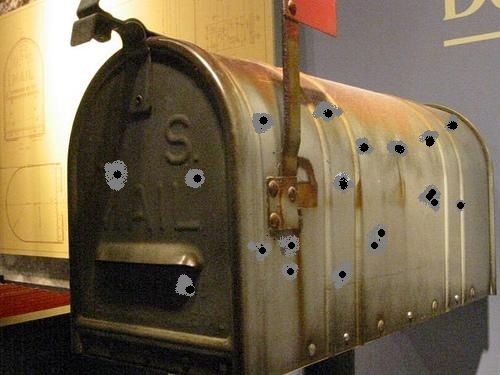More recently “…this habit of not consulting the evidence has become the underlying crisis in so many realms. People segregate into intellectually cohesive teams, which are always dumber than intellectually diverse teams. Issues are settled by intimidation, not evidence. Our natural human tendency is to be too confident in our knowledge, too quick to ignore contrary evidence. But these days it has become acceptable to luxuriate in those epistemic shortcomings, not to struggle against them.”
Wednesday, June 05, 2024
WE MUST AVOID THINKING OF EACH OTHER AS GOOD OR EVIL
“In 1877 a British philosopher and mathematician named William Kingdon Clifford published an essay called “The Ethics of Belief.” In it he argued that if a shipowner ignored evidence that his craft had problems and sent the ship to sea having convinced himself it was safe, then of course we would blame him if the ship went down and all aboard were lost. To have a belief is to bear responsibility, and one thus has a moral responsibility to dig arduously into the evidence, avoid ideological thinking and take into account self-serving biases. “It is wrong always, everywhere, and for anyone, to believe anything upon insufficient evidence,” Clifford wrote. A belief, he continued, is a public possession. If too many people believe things without evidence, “the danger to society is not merely that it should believe wrong things, though that is great enough; but that it should become credulous, and lose the habit of testing things and inquiring into them; for then it must sink back into savagery.”
Posted by
Bulletholes
at
2:02 PM
![]()
Subscribe to:
Post Comments (Atom)


No comments:
Post a Comment